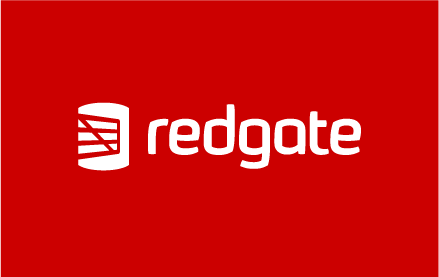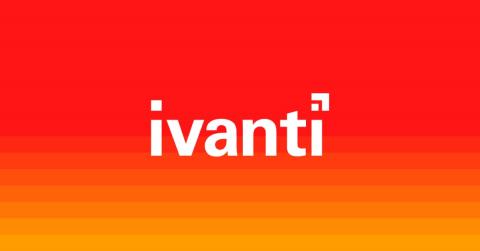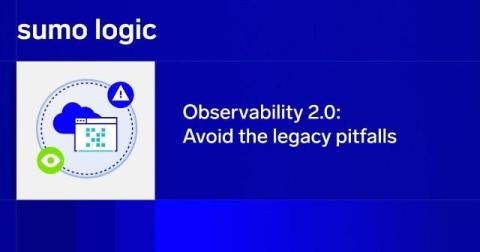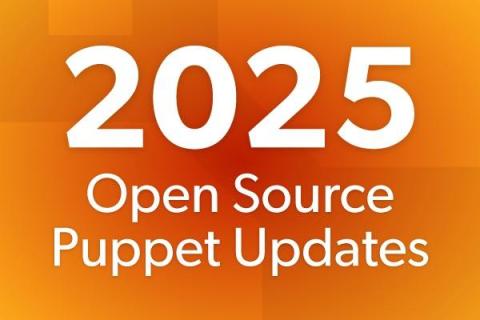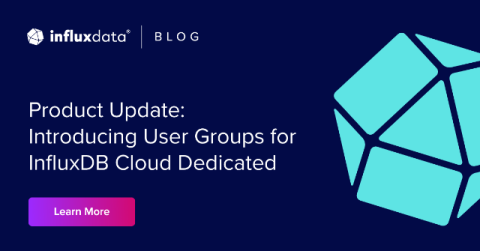Introducing AI-Enhanced Data Generation to Redgate Test Data Manager
We’re excited to reveal our latest effort towards simplifying and accelerating the test data management process: AI Synthetic Data Generation, part of Redgate Test Data Manager. Officially introduced in a session at the recent PASS Data Community Summit, the capability uses machine learning to rapidly generate realistic yet entirely synthetic data – all while maintaining data integrity and with data privacy built-in as priority.


